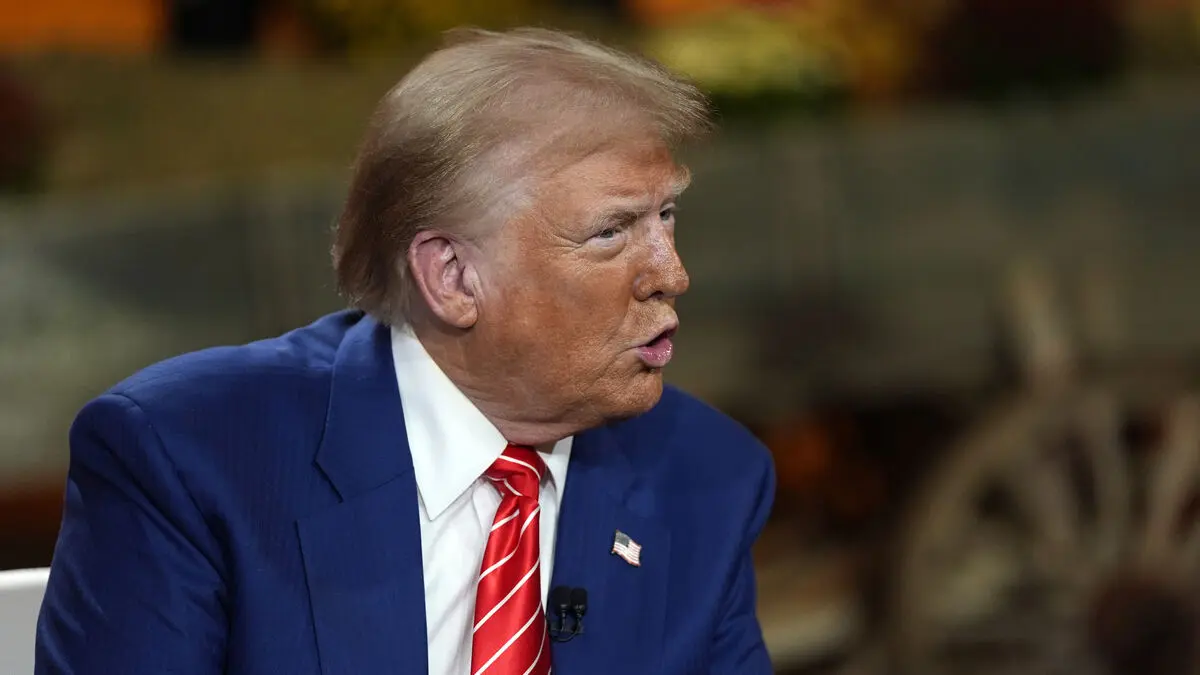Judges from all political camps on the court questioned the sweeping tariffs against countries during nearly three hours of tough hearings, US media reports.
Treasury Secretary Scott Bessent participated in the process and afterwards tried to downplay the risks of a legal setback.
President Donald Trump told Fox News after the hearings that it would be "devastating for our country" if the court were to overturn the tariffs.
"It is one of the most important goals in the history of our country," he said.
At most up to 145 percent
The legal question the court is considering is whether the Trump administration was right to use the International Emergency Economic Powers Act of 1977 as a legal basis for imposing tariffs. This law has never before been used to justify tariffs. Nor are tariffs explicitly mentioned among the powers the law gives the president in economic emergencies.
It was in early April of this year that President Donald Trump launched the disputed tariffs. At their peak, they were up to 145 percent against China. Trump himself calls the tariffs “reciprocal” and a response to countries having large trade surpluses with the United States:
Against the EU, the disputed Trump tariffs have been negotiated down to 15 percent since August.
If the court – as lower courts have already done – invalidates the sweeping punitive tariffs against countries, it could mean that the Trump administration must pay back more than $100 billion to importers in the US who have been forced to pay the tariffs.
Decision expected in several months
Such a decision would also remove one of the most important leverages in Trump's trade policy to date and an important source of revenue that the Trump administration is using to reduce the US's large federal budget deficit.
A decisive decision on the tariffs in court is not expected for several months.
Many analysts expect that Donald Trump – who has always been open about his liking for tariffs – would introduce new tariffs with other laws as a legal basis to replace the tariffs that the court may possibly reject.
Facts: Large parts of Trump's tariffs can be rejected
TT
In short, the Trump administration has cited the 1977 Emergencies Act to argue that the president has the authority to impose a minimum tariff of 10 percent on essentially everything imported into the United States.
The same law has been used as the legal basis for additional tariffs of up to 41 percent on goods from countries that have not reached a trade agreement with the U.S. The Trump administration has also cited the same law when imposing additional tariffs on Mexico, China, and Canada in an effort to stop the flow of fentanyl into the U.S.
The Trump administration's so-called sectoral tariffs – which apply to, for example, steel, aluminum, copper, wood products and cars – are not covered by the legal review that has now begun in the US Supreme Court.






